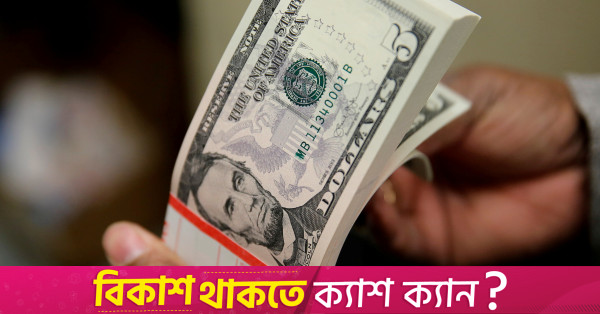Bangladesh settles $1.37b ACU payments for Jul-Aug imports


Bangladesh’s gross foreign exchange reserves have declined following a $1.37 billion payment to the Asian Clearing Union (ACU) for July and August import bills, according to central bank sources.
The ACU payment is made every two months.
Before the payment on Monday, the gross foreign exchange reserves, calculated under the IMF’s BPM6 standard, stood at $20.8 billion, but after the settlement, they fell to $19.46 billion.
However, according to the Bangladesh Bank’s traditional valuation method, reserves dropped to $24.53 billion on Monday from $25.87 billion the day before.
Central bank officials told TBS that following the political changes in Bangladesh, the central bank stopped selling dollars from its reserve. Therefore, the decline will not affect the reserve as it will revive soon.
The Asian Clearing Union is a payment settlement forum whereby the participants settle payments for intra-regional transactions through the participating central banks on a net multilateral basis.
Payment obligations of transactions among Bangladesh, Bhutan, India, Iran, the Maldives, Myanmar, Nepal, Pakistan and Sri Lanka are settled through the ACU payment system.
As per BPM6, the country’s reserve stood at $20.39 billion on 31 July which increased to $20.8 billion last Sunday. Officials attributed the rise to increased remittance flow after the fall of the Awami League government on 5 August.
The central bank sold about $34 billion from its reserve over the past three fiscal years, which contributed most to depletion of reserve.
The Bangladesh Bank adheres to the IMF’s Balance of Payments and International Investment Position Manual, 6th edition (BPM6), for calculating both the gross international reserve (GIR) and the net international reserve (NIR).
The Bangladeshi taka weakened against the US dollar, reaching Tk120 for a dollar, driven by a dollar shortage and a pressure on banks to settle import payments.
The exchange rate per dollar was Tk 84.81 in June 2021, Tk93.45 in June 2022 and Tk106 in June 2023.
The dollar crisis has substantially affected banks’ capacity to settle import payments and open letters of credit, posing challenges for businesses.
To address the dollar shortage, the previous government and the Bangladesh Bank had jointly introduced measures to curtail imports.




